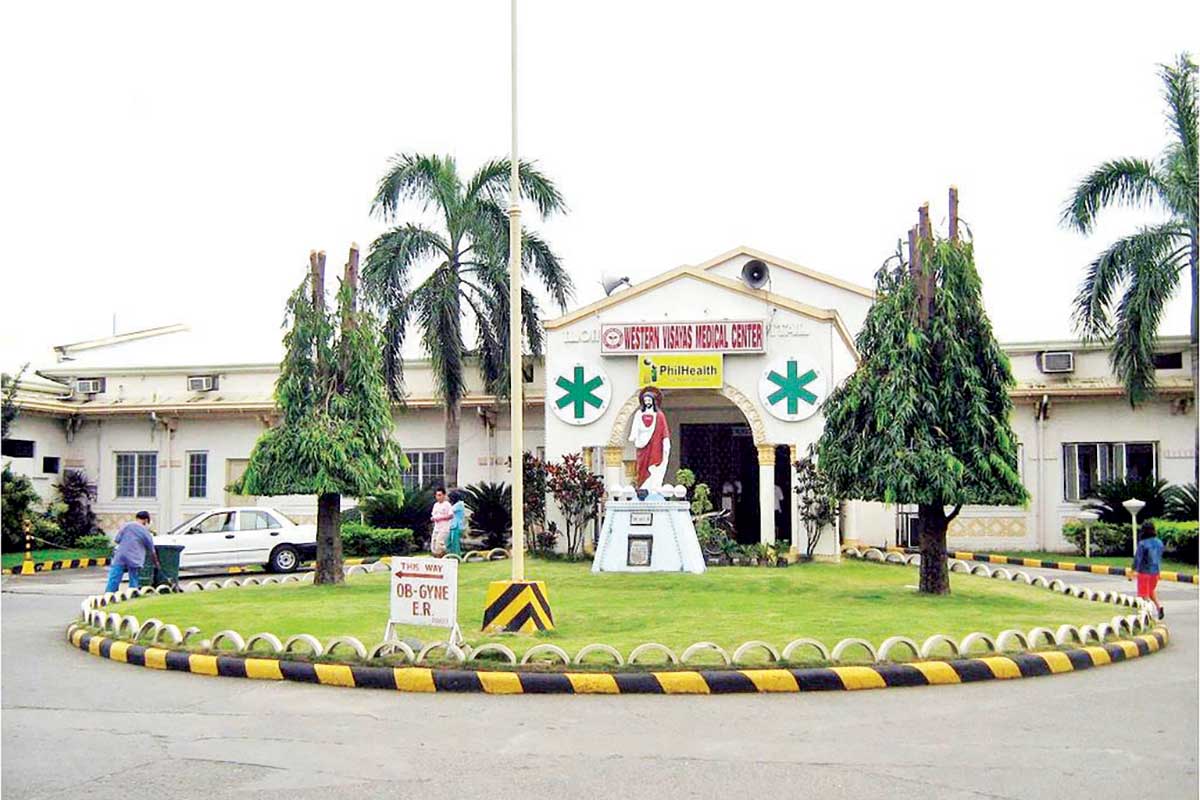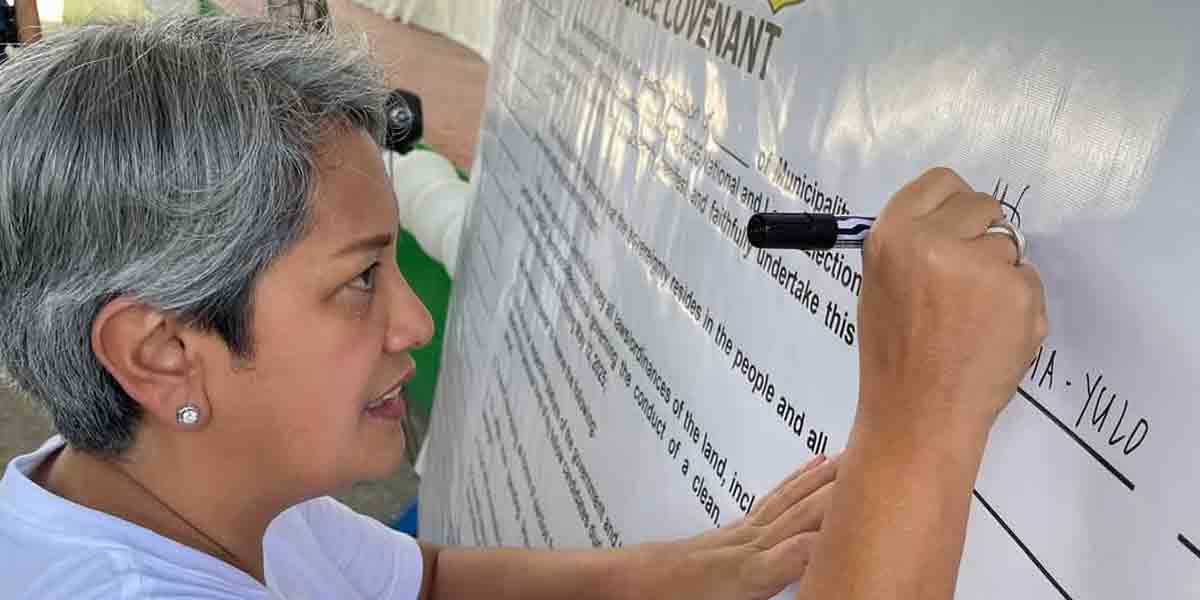
By Joseph B.A. Marzan
Like all health services in the country and across the globe, access to human immunodeficiency virus or HIV-related programs in the region were also affected due to the ongoing brunt of the coronavirus disease 2019 (COVID-19) pandemic.
Adrian Hort Ramos, Regional Coordinator of the National HIV, AIDS and STI Prevention and Control Program (NASPCP) at the Department of Health-Western Visayas Center for Health Development (DOH-WV CHD), told Daily Guardian that the pandemic made it hard for them to test, enroll, and provide Anti-Retroviral Therapy (ART) for Persons Living with HIV (PLHIVs).
HIV targets the immune system and weakens people’s defense against many infections and some types of cancer that people with healthy immune systems can fight off. If not treated, it eventually leads to acquired immunodeficiency syndrome or AIDS.
Despite the setback, the DOH-WV CHD issued an advisory to health care providers not to hamper services including HIV treatment and counselling.
The regional health office also sought to increase its partnerships with non-government organizations (NGOs) to ensure continued access to its HIV programs.
These include contracting service providers for the delivery and transport of ART across the region, as well as the expansion of iSCREEN, a self-testing project with the World Health Organization, from the city and province of Iloilo to the rest of the region.
“During the pandemic, access to HIV and AIDS services were hampered especially access for testing, enrollment and continuous supply of Anti-retroviral drugs to PLHIVs. Due to the scare of SASRS-Cov-2 clients are afraid to go to health care facilities. There were also quarantine restrictions that limits the movement of clients to access their ARTs,” Ramos said in an interview.
At present, Ramos said they were able to introduce in 2020 two Certified rHIVda Confirmatory Laboratories (CrCL) in the region – the Western Visayas Medical Center in Iloilo City and the Corazon Locsin Montelibano Memorial Regional Hospital in Bacolod City.
rHIVda refers to the Rapid HIV Diagnostic Algorithm of the DOH to confirm HIV, where they use a combination of two or three rapid test formats done in parallel or sequence on a sample that had a reactive result in the initial test.
Prior to the pandemic, HIV test samples are sent to the STD AIDS Cooperative Central Laboratory (SACCL) at the San Lazaro Hospital in Manila.
Two other laboratories also have pending CrCL accreditation, the Angel Salazar Memorial General Hospital in Antique and the Dr. Rafael S. Tumbokon Memorial Hospital in Aklan.
“The SACCL is the confirmatory lab which uses the conventional method of confirmatory examinations. It usually takes 2 weeks to one month or more than that before results are released. Right now, [at the WVMC and CLMMRH], results are released faster, between 7 to 10 days,” Ramos explained.
Despite these achievements amid the pandemic, some challenges remain according to Ramos, including delays in delivery of supplies.
“The challenge there is the availability of supplies since they come from a national program [NASPCP], so then there comes a shortage, and then there would be delays sometimes,” he added.
He also touted other activities they are currently doing amid the pandemic, especially in service delivery to PLHIVs and other members of the community.
This includes the Know Tell clinic, which started out as catering adolescent health services, but later on also catered to a general adult population for blood pressure checking and mental health services.
“In terms of case finding activities, we deployed field staff funded by DOH and Global Fund thru Pilipinas Shell Foundation. This field staff are working on the delivery of basic HIV services specifically on active case finding and linkage to care activities. We also opened again the Know Tell clinic at the Robinsons Place Iloilo and deployed field staff funded by the Global Fund – Pilipinas Shell Foundation Inc. as additional access to HIV services,” he said.
Other challenges that remain for the region’s HIV program include:
- Shortage of commodities such as condoms, lubricants, Viral load testing reagents and HIV test kits;
- Restriction protocols specially on the conduct of screening and testing activities at community levels;
- Increasing number of cases despite of quarantine status of the region, provinces, or cities and municipalities.
But Ramos added that they are also taking steps to address these issues including on issues involving Men who have Sex with Men (MSM) and Transgendered Women (TGW).
“We conducted capacity building activities among Provincial and City coordinators on Training of Trainers for Community-Bases Services and Stigma Reduction amongst MSM and TGW in Health Care Facilities. These activities are expected to be rolled out by provinces and HUCs to target implementers. We are also lobbying the expansions of additional Treatment Facilities and Confirmatory Laboratories to the provinces in Western Visayas,” Ramos shared.
Currently, Ramos says, they are focused more on the provision of technical assistance to local government units for the full implementation of the devolution in the Supreme Court’s Mandanas ruling, crafting policies to strengthen the primary health care system implementation in line with the HIV program, expansion of treatment facilities and confirmatory laboratories, and upgrading online systems in the national level.
DOH-WV CHD’s latest HIV/AIDS data indicated that the region has had 678 HIV cases from January to August 2021, and since HIV was first reported in 1986, there have been 5,091 cases in the region.
Based on area, Negros Occidental has the most cases from Jan. to Aug. 2021 (151), followed by Iloilo province (149), Bacolod City (111), Iloilo City (96), Capiz (76), Aklan (51), Anqtiue (29), and Guimaras (15).
Tomorrow, Dec 1, 2021, is World AIDS Day themed “End inequalities. End AIDS.”




















